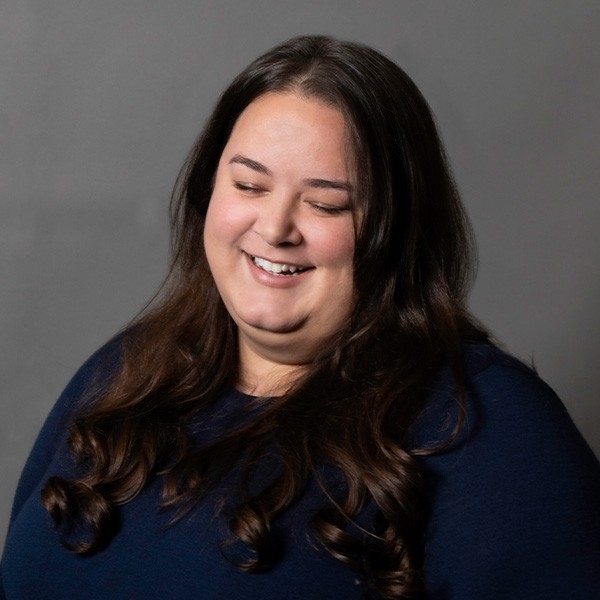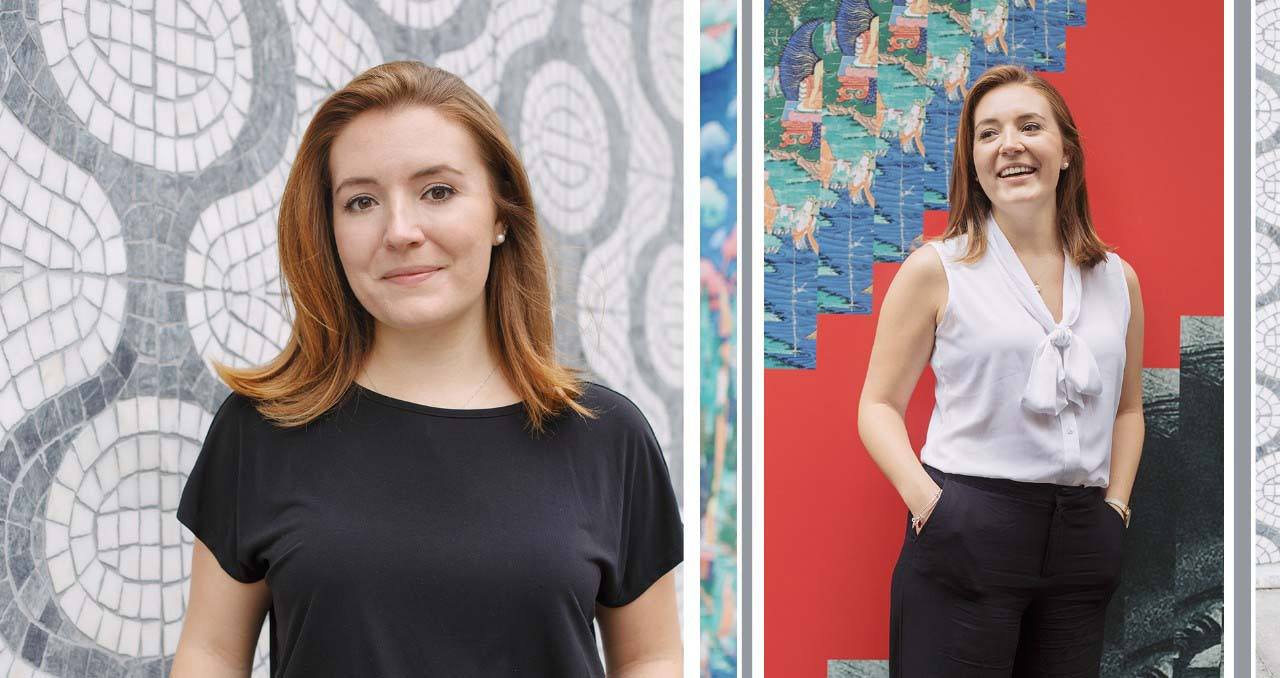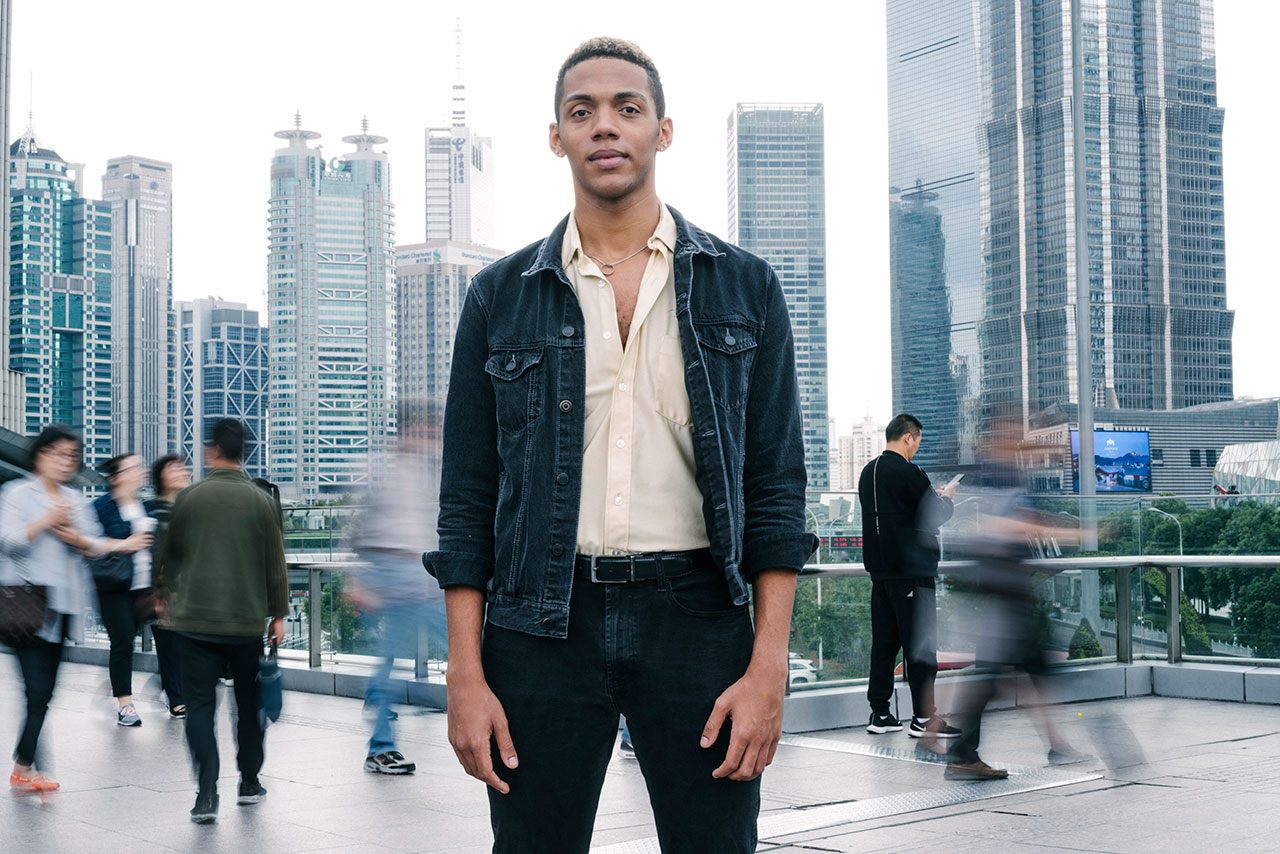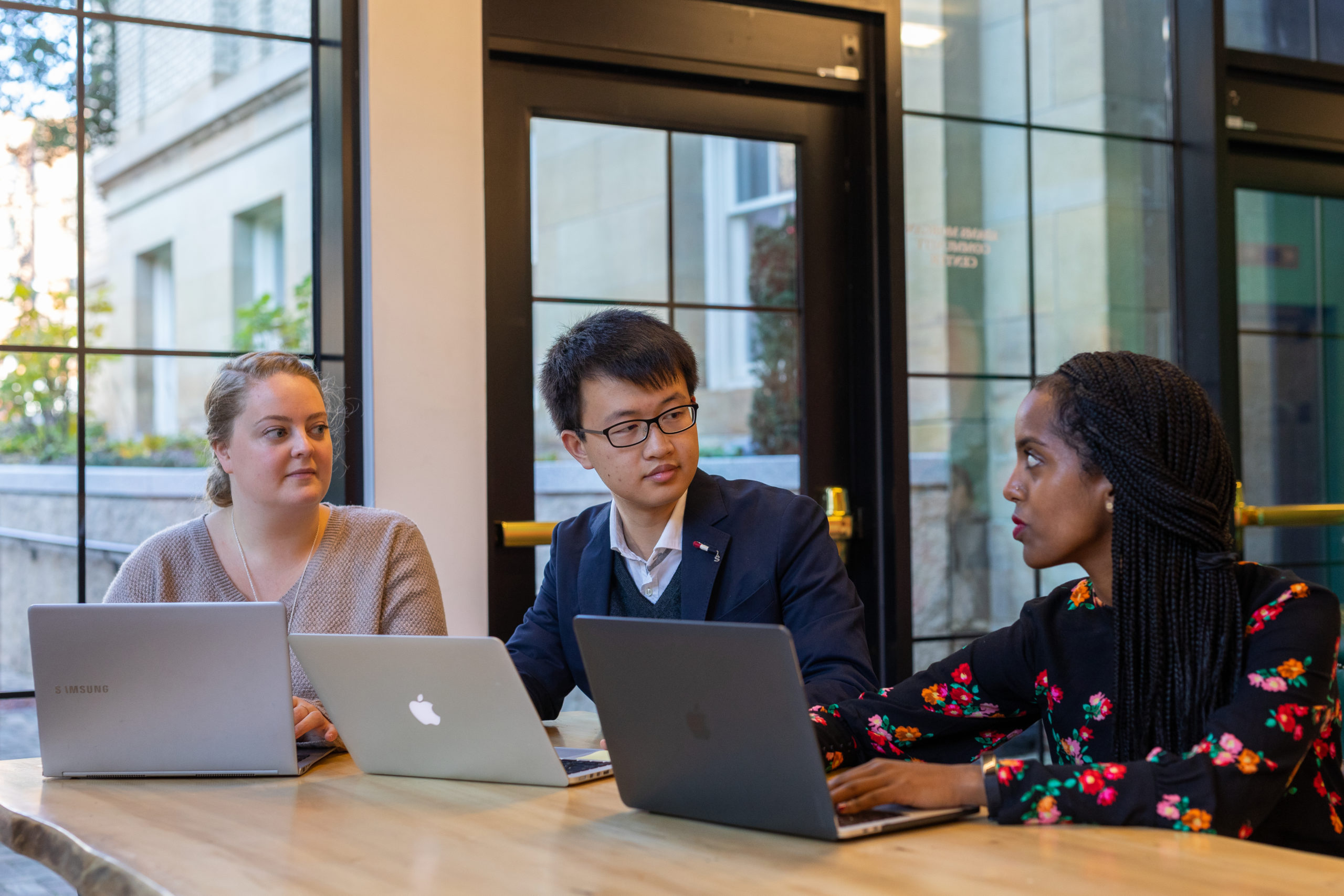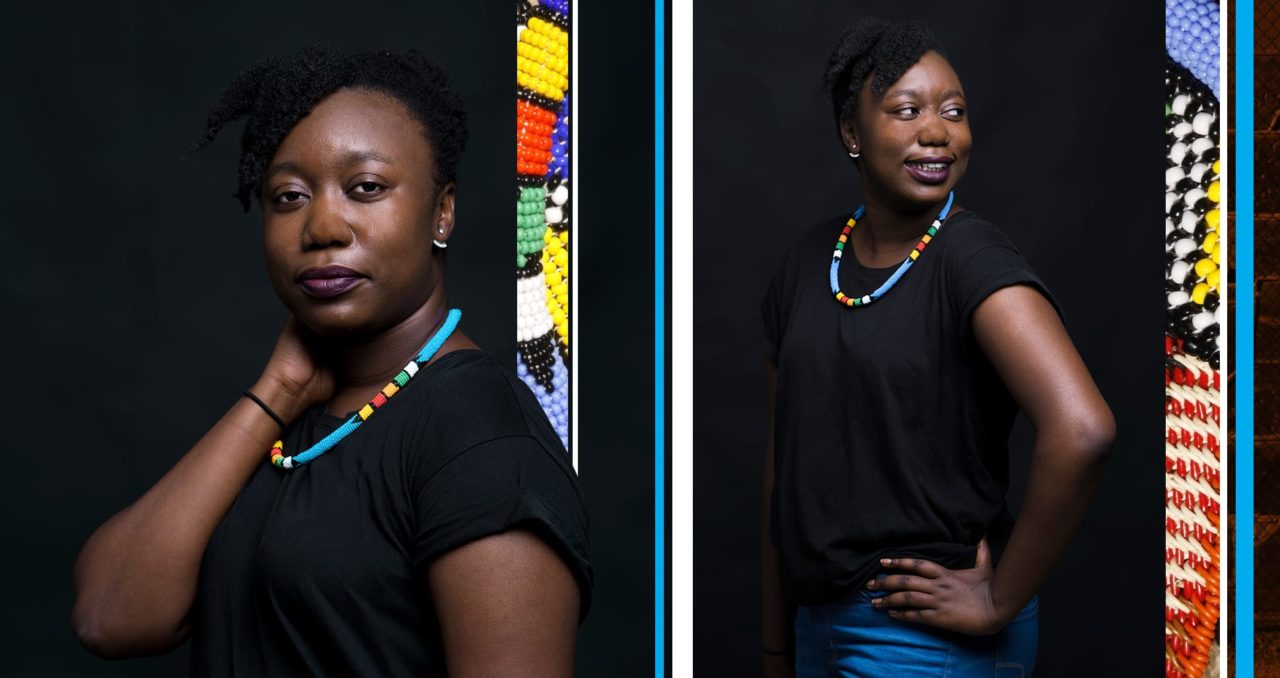
Claire was studying abroad at the New York City campus when she got an email from her best friend: “You need to check this out.” Below was a message from the Dhakira Center, a newly launched research center at NYU Abu Dhabi for heritage studies, conservation, and education. The message was about an internship opportunity at Robben Island, the UNESCO World Heritage Site and prison-turned-museum in South Africa that housed political prisoners during the era of apartheid—including Nelson Mandela, the most renowned among them. Claire read the email and felt something click.
As a Social Research and Public Policy major, Claire hadn’t thought in concrete terms about heritage studies—the examination of what creates a culture’s unique identity, which can include history, ideology, mythology, landmarks, and traditions. But the internship spoke to something deep within her: “Mandela was imprisoned there? This is history. I had to do it,” she said. She got the internship.
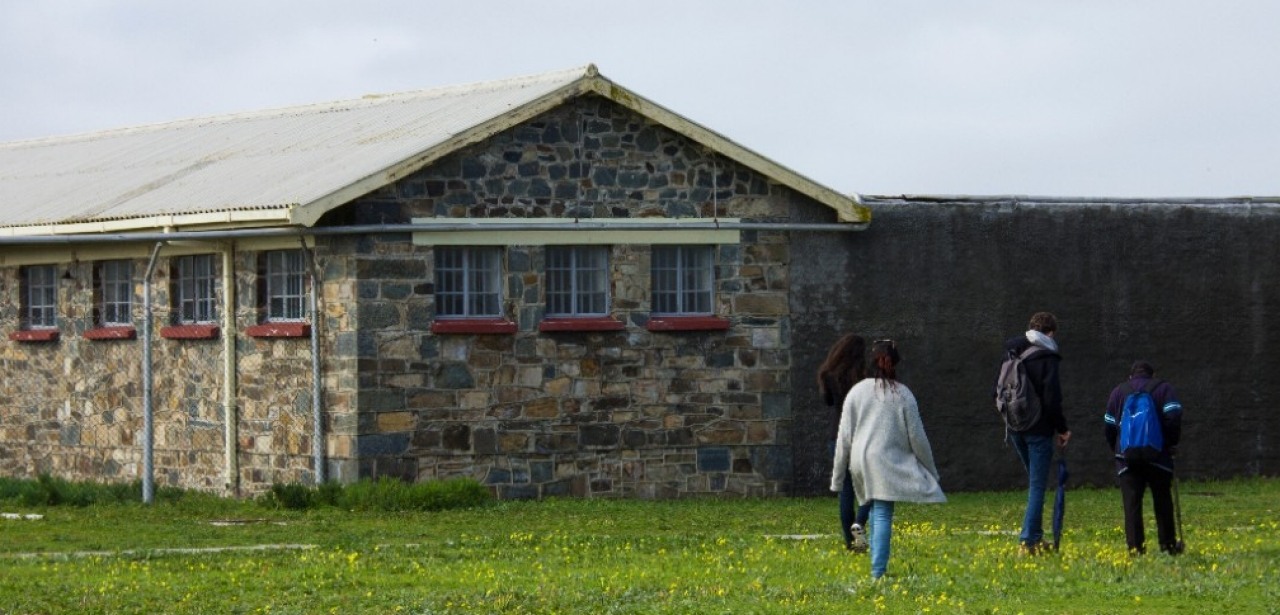
Summer Behind Bars
“I was on a team looking at how the stories about political prisoners and the history of apartheid in South Africa were told,” she explains. She spent her days on Robben Island collaborating with activists who had been imprisoned there, many of who still live there and work with the museum. “I also lived there for the summer, in a refurbished area of the prison,” says Claire, which was an intensely emotional experience. “I was so affected by being there—there are still graveyards and bars on the windows,” she says. “It’s a place where you’re supposed to remember a grim history. I don’t know how the people I worked with, who had spent years imprisoned there, could still be there living and working every day.”
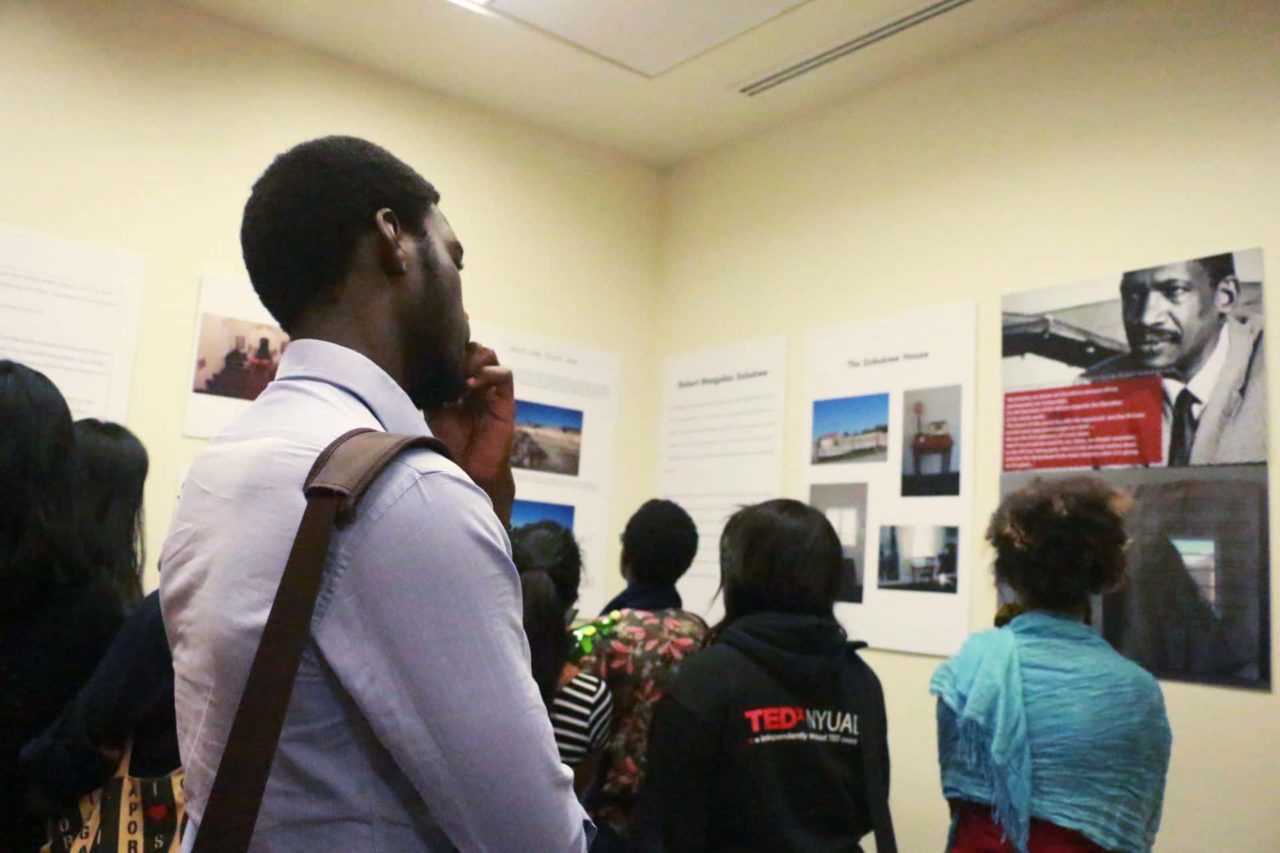
Claire came back to NYU Abu Dhabi in the fall carrying her experience with her. “I wanted to share it with my classmates and tell the stories of all the people I’d met,” she says. So she spoke with her professors at the Dhakira Center, and they helped her curate an exhibit of photographs, narratives, and even poems from the people she’d worked with as well as her own impressions and stories. “It was an important step in processing my time there,” says Claire, “and because the Dhakira Center was still very new, it also ended up being the first exhibition to launch at the Center.”
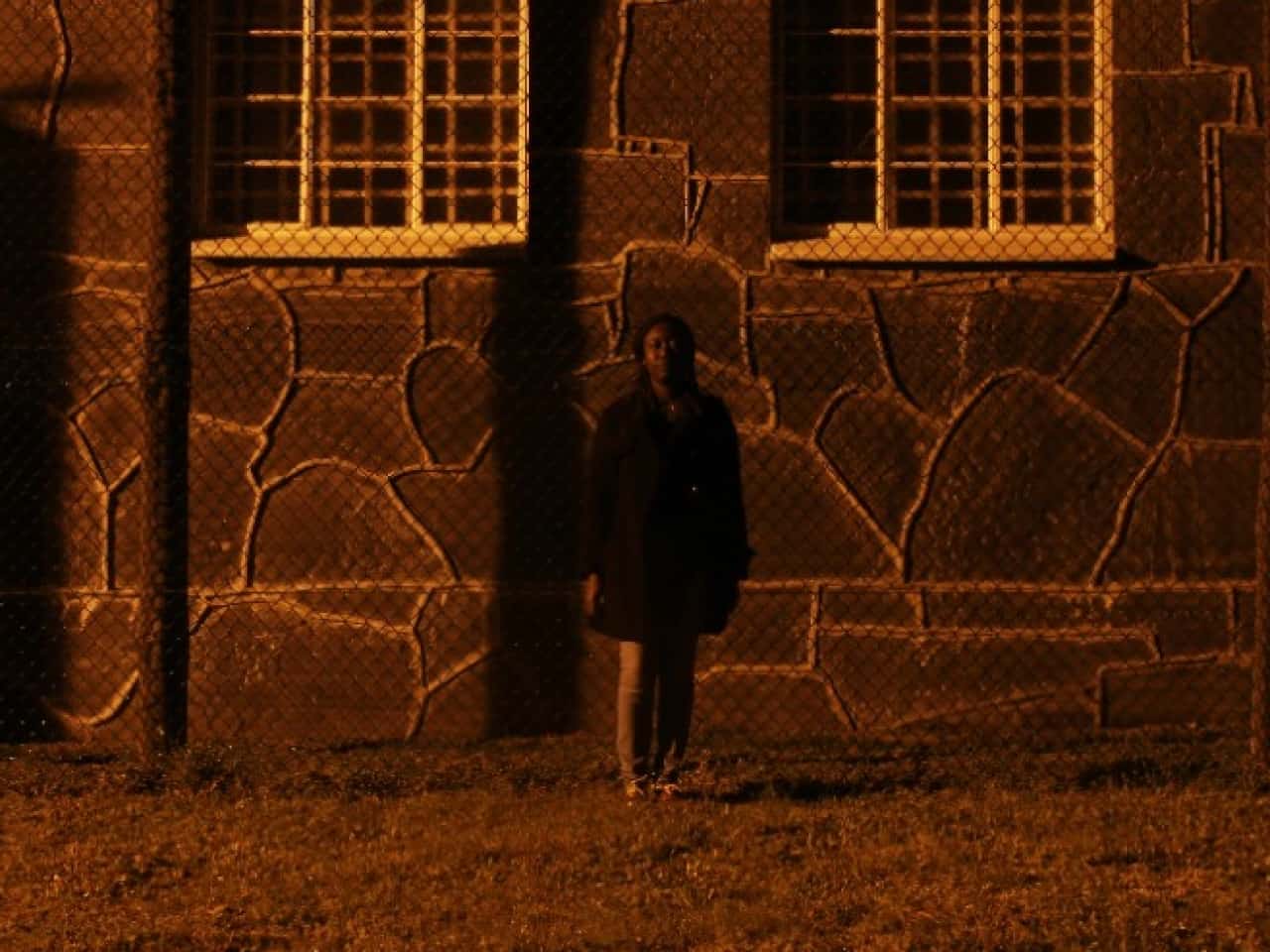
The Politics of Heritage
It also made her reexamine her academic path. “I chose my major because I was interested in gender issues, I was interested in history, and I was interested in education, and all of them intersect in Social Research and Public Policy,” says Claire. But after her internship and attending more talks and events hosted by the Dhakira Center, she realized that all of these things fit into the idea of heritage. “History and policy are shaped by the people who control the narrative of a culture and its heritage. People in power dictate which things give a group of people its identity,” she says. “In patriarchal societies, there isn’t necessarily a platform for women to have a voice in that narrative or in making those decisions.” The more she learned about heritage studies, the more she realized that bringing women into heritage preservation can drive political progress.
The summer after her junior year, Claire did another internship, this time in Stone Town, Zanzibar, at a nongovernmental organization called Reclaim Women’s Space in World Heritage. Stone Town is another UNESCO World Heritage Site because of its long and storied history as a Swahili trading hub. There, Claire worked with female residents to build leadership skills and help them get involved in the management of their home’s heritage and development. “We provided a space for women to talk about their ideas, network with their government officials, and have a real role in how their culture is preserved, perceived, and grown.”
Now in her senior year at NYU Abu Dhabi, Claire is thinking about what comes next. “I’m really interested in how communities participate in heritage management and how that intersects with politics and policy,” says Claire, “especially when there are bigger stakes like, for example, when you have sites like Robben Island, which is a hallmark of South African history.” After graduation she hopes to keep working in the heritage field but is open to seeing where that takes her. “I want to go where the conversations are interesting,” she says. “I want to go where I’m needed.”
